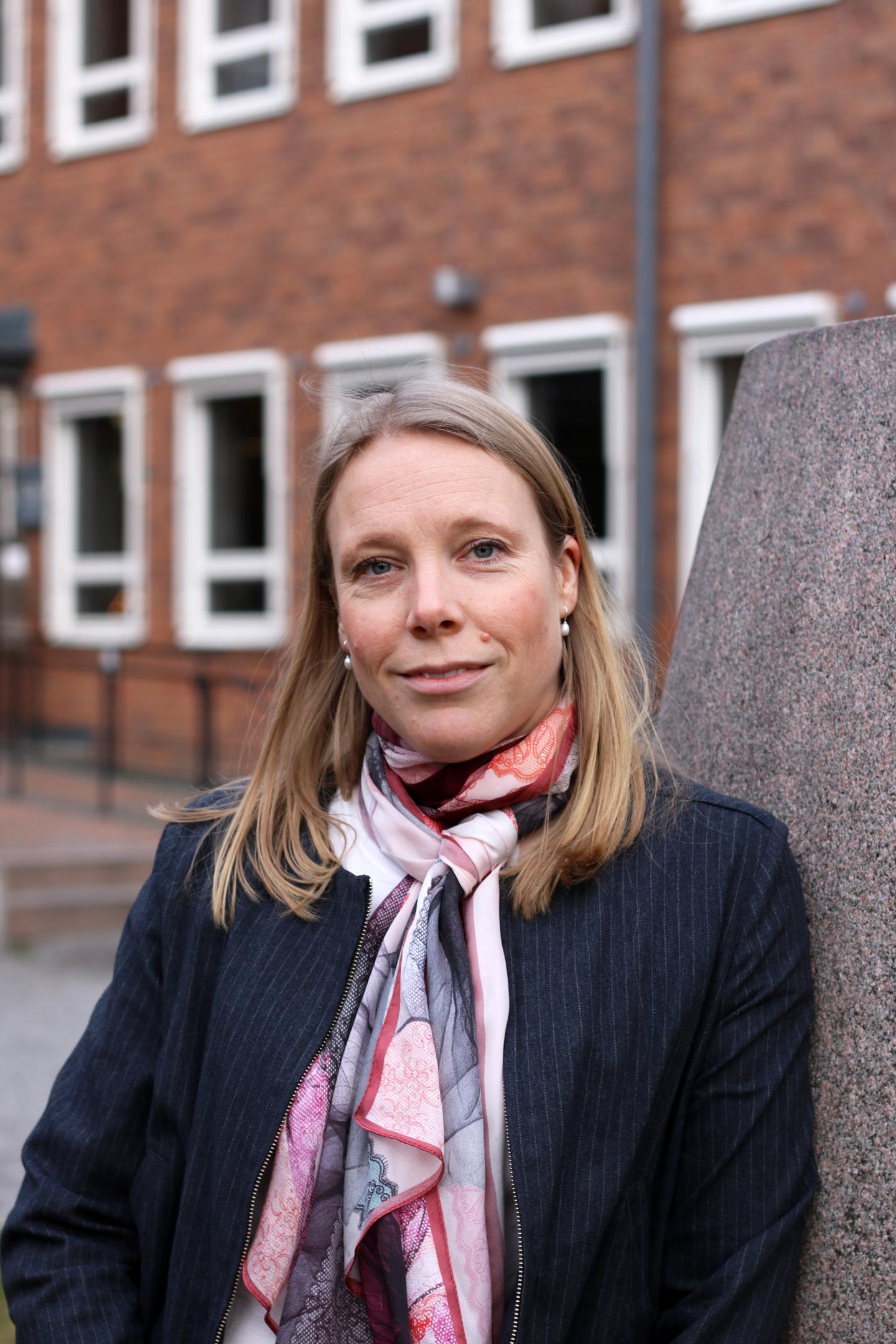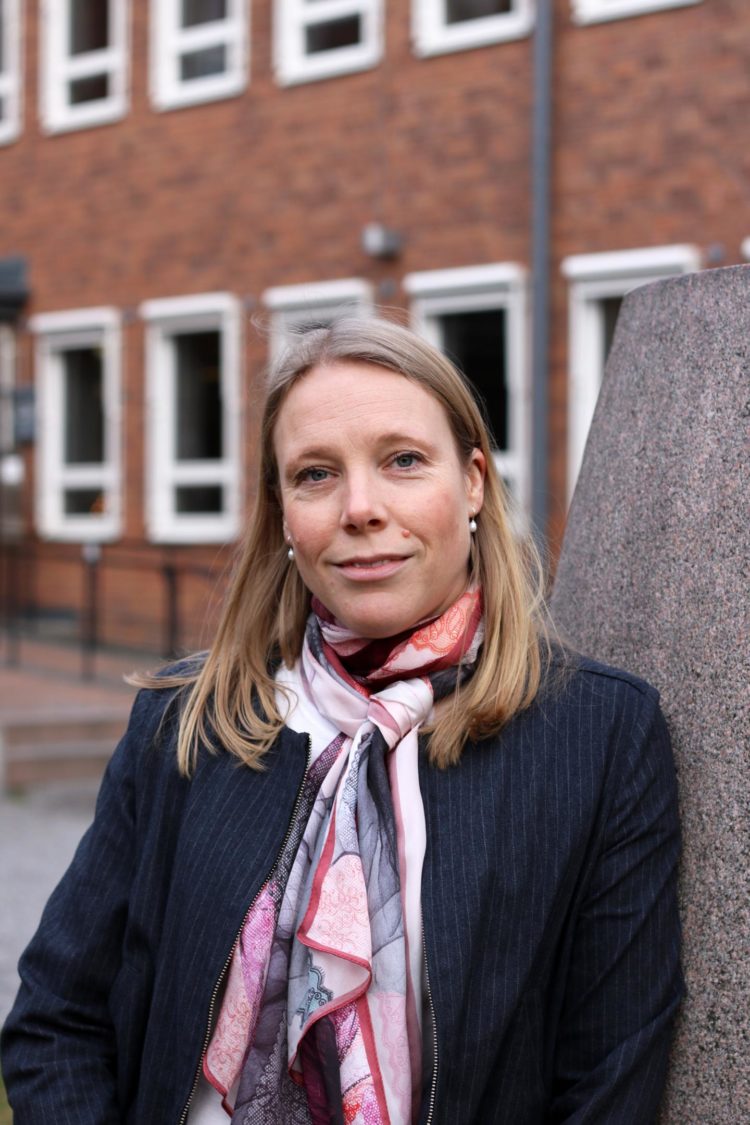
Credit: Gunilla Sonnebring
People age in different ways. Biological age is a metric that scientists use to predict health risks, the relevance of which can be enhanced by combining different markers. Particularly important markers are frailty and the epigenetic clock, write researchers from Karolinska Institutet in a study published in eLife.
Biological age can differ from chronological age, and the idea of measuring biological age is that it can indicate health risks or the risk of early death – and thus hopefully provide new opportunities for preventative healthcare.
But which markers are most relevant to the measurement of biological age? One new piece of the puzzle can be found in a study led by Sara Hägg, researcher at Karolinska Institutet, that combined different markers.
“There are different ways of measuring biological age,” she says. “We need to know which markers are the most important. Ultimately it might conceivably lead to new ways to prevent age-related diseases.”
The biological age metric has been examined in several studies recently. One thing that sets this new study apart is that it studies a combination of multiple markers.
The results of the study show that some markers are particularly important for predicting the risk of early death. The degree of frailty, based on the participants’ self-reports of various symptoms, is one; another is the epigenetic clock (DNA methylation age estimator), which is linked to how different genes are expressed.
Other markers studied include telomere length, blood biomarkers and cognitive and physical abilities. These markers were also associated with an increased risk of early death.
The study was a population study that followed 845 middle-aged and elderly participants over a period of 20 years.
“There is a lot of interest in this research and biological age is an effective tool for predicting health risks,” says Hägg. “However, it’s important to stress that our results are population-based and need to be validated at an individual level.”
###
The study was financed with grants from the National Institutes of Health (NIH), the MacArthur Foundation Research Network on Successful Aging, the Swedish Research Council for Health, Working Life and Welfare (FORTE), the Swedish Research Council, the Loo and Hans Osterman Foundation for Medical Research, the Foundation for Geriatric Diseases at KI, Karolinska Institutet’s Research Foundations, the Magnus Bergvall Foundation, the Gamla Tjänarinnor Foundation, the Strategic Research Area in Epidemiology (SfoEpi) at Karolinska Institutet, the China Scholarship Council (CSC), and King Gustaf V and Queen Victoria’s Foundation of Freemasons.
Publication: “Longitudinal trajectories, correlations and mortality associations of nine biological ages across 20-years follow-up,” Xia Li, Alexander Ploner, Yunzhang Wang, Patrik Magnusson, Chandra Reynolds, Deborah Finkel, Nancy Pedersen, Juulia Jylhävä, Sara Hägg, eLife, online Feb. 11, 2020, doi: 10.7554/eLife.51507
Media Contact
Press Office, Karolinska Institutet
[email protected]
Original Source
http://dx.
Related Journal Article
http://dx.





